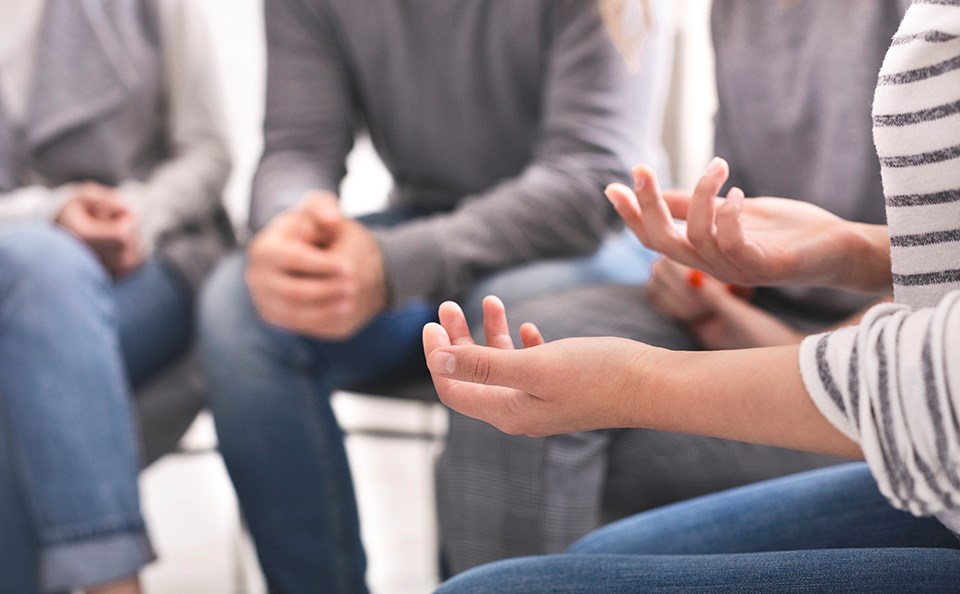It’s National Restorative Justice Week.
The campaign aims to raise awareness of restorative justice approaches to crime, runs nationally during the third week of November, and is being recognized by Prince George RCMP Community Policing.
The theme for 2020 is 'Inspiring Innovation' and a national symposium on the theme will be held virtually by the Restorative Justice Association of B.C.
So, what is restorative justice?
Restorative justice helps meet the needs of people facing with crime and conflict in a meaningful way.
The criminal justice system deals with offenders, while restorative justice processes address the needs of victims and the community, and holds offenders accountable for the harm they caused.
The program can bring victims, offenders and the community a more satisfying experience of justice.
Prince George RCMP Community Policing says most offenders who take part in restorative justice programs keep their commitments, which may include making restitution and completing community service.
Some research suggests that participating in a restorative justice process may reduce or stop future offending.
How does it work?
In a typical restorative justice process, cases are screened for suitability and affected parties are met with in advance.
If the case continues to move forward, everyone affected by an offence is invited to discuss the circumstances surrounding it.
Often this means that victims, offenders and their supporters meet with a restorative justice facilitator (or in some cases an elder) for structured dialogue.
This dialogue helps participants share how the offence happened, how they were affected and what needs to happen to make things right.
The number of people involved in the dialogue varies on the type of offence and the needs of participants.
What happens in Prince George?
Prince George offers two Restorative Justice Programs.
The first is through RCMP Restorative Justice, and second is through the Prince George Urban Aboriginal Justice Society.
Both programs offer a safe, controlled environment in which a person who has caused harm, persons who have been harmed and their supporters, are brought together under the guidance of a trained facilitator.
Together they discuss the offence, how they have all been affected, and jointly develop a plan that will enable the person who has caused harm to give back to the person they have harmed and community, develop coping strategies, and secure the support required to move forward in their lives.
The Prince George Urban Aboriginal Justice Society focuses on Indigenous clients and elder mentoring, offering the Prince George Regional Correctional Centre’s (PGRCC) Cultural Awareness Program, the Aboriginal Wellness Reintegration Program, the Youth Diversion Program and the Adult Alternative Measures/Indigenous Justice Program (IJP).
Restorative practices are less costly than the criminal justice system, timelier, more inclusive, and offer support and closure for both those who have been harmed and those causing harm.
Balance is restored to the lives of those affected by crime and the person responsible for causing harm is held accountable for their actions and better understands the impact of their behaviour on others.



